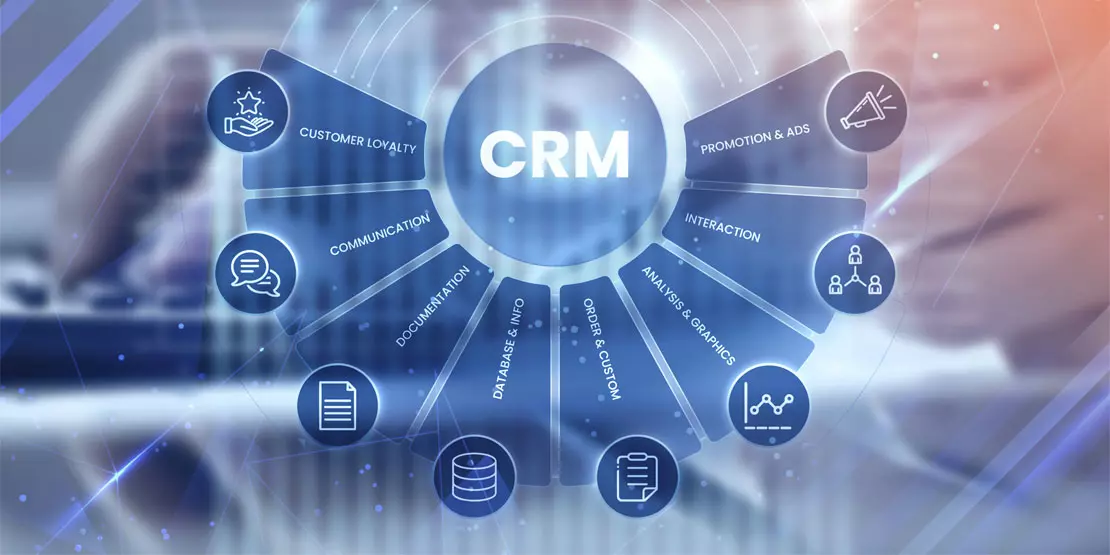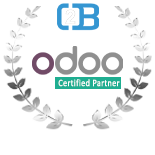Benefits and Functionalities of CRM software
CRM (Customer Relationship Management) is a strong technology that provides several advantages and functions to organisations of all sizes and sectors. CRM solutions may considerably improve customer connections and boost corporate success by centralising customer information and enabling better communication and data management. Here are some of CRM's main advantages and functions:
Customer Information Centralization
CRM systems store and organise all customer-related data in a central database. This gives organisations a complete picture of each consumer, including contact information, purchase history, interactions, preferences, and more. A centralised client database guarantees that all teams have correct and up-to-date information, allowing for personalised and targeted interactions.
Improved Customer Service
CRM systems give capabilities for more efficiently managing customer support and service activities. Agents have access to client profiles, histories, and questions, allowing them to deliver prompt and personalised help. CRM systems may also track client concerns, assuring fast resolution and increasing overall customer satisfaction.
Enhanced Sales and Marketing
CRM systems include functions such as lead and opportunity management, sales forecasting, and pipeline tracking. These services assist sales teams in successfully managing leads and prospects, tracking sales performance, and closing transactions more quickly. CRM data may be used by marketing teams to design focused campaigns, segment customers, and analyse campaign efficacy, resulting in more successful marketing initiatives.
Automation and Workflow Management
CRM solutions simplify repetitive procedures and streamline corporate processes through workflow management. This includes automatic email notifications, task assignments, follow-up reminders, and appointment scheduling. Teams may focus on higher-value activities and increase overall productivity by automating these processes.
Data Analysis and Reporting
CRM solutions have powerful reporting and analytics tools. Companies may create extensive reports on sales performance, consumer behaviour, marketing strategies, and other topics. These insights assist businesses in making data-driven choices, identifying trends, and optimising their strategy.
Customer Retention and Loyalty
CRM systems help organisations to strengthen customer connections through personalised interactions, targeted offers, and timely follow-ups. Organisations may handle concerns, give relevant advice, and build customer loyalty by knowing client preferences and wants.
Collaboration and communication
CRM systems enhance team collaboration and communication. Customer information may be readily shared throughout sales, marketing, and customer support teams, and activities can be tracked and coordinated. This increases corporate communication, decreases job duplication, and assures a consistent client experience.



 USA
USA INDIA
INDIA